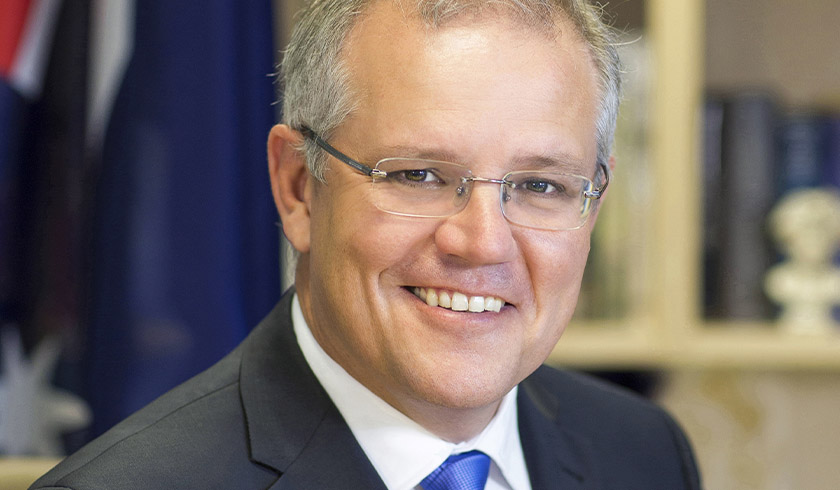ScoMo’s six-month eviction freeze spells trouble for landlords

In fact, most property investors are just the sort of everyday, middle-class people you see when you drop off your kids at school or visit your local cafe. They’ve worked hard, saved hard and bought a property to build wealth over the long term. Some are like my brother – a self-employed bricklayer, who’s never earned superannuation and is now trying to get ahead. Others are couples who each bought a property when they were single and had a spare home to rent out once they moved in together.
When I was growing up, you were considered rich if you had an investment property. These days, though, property investment has gone mainstream. Now, 8.8 per cent of Australians hold “interests in a rental property”, according to the ATO.
The key word is “interests”. Most landlords don’t own their property outright – they hold a minority stake, while the bank holds the majority stake. With most investment properties, the owners initially pay out more in expenses (mortgage repayments, property management fees, utility bills, insurance, land tax) than they recoup in income (rent). So most landlords lose money in the short term and even medium term as they chase long-term capital gains and rental growth.
Investors can’t expect banks and insurers to rescue them
This is the backdrop to Scott Morrison’s recent announcement of a six-month moratorium on evicting tenants who can’t pay their rent due to financial stress.
No one wants to see struggling tenants thrown onto the streets because of the coronavirus crisis. But don’t forget that many landlords are also struggling. Many of them have lost their jobs, and many of them already had negative cash flow from their properties. So, how are they going to cope if tenants stop paying rent for six months?
“But aren’t banks waiving mortgage repayments for six months?” I hear you ask. Well, not really.
Banks are letting home owners pause their repayments for six months. But they’re still charging interest, which will be added to the loan once the pause period is over, meaning investors will have to pay interest on interest. And if property prices fall during that pause period, investors might find at the end of the six months that their mortgage is worth more than their home.
“But won’t investors be protected by landlord insurance if tenants stop paying rent?” I hear you ask.
Again, not really. When I checked a landlord policy, I saw that the insurer would cover a maximum of 18 weeks – not six months. Also, we all know that getting money from insurers is easier said than done – especially if everyone claims at once. As a lawyer recently told me: “There’s not enough money in the world to pay out every home and commercial rent for six months.”
Investors are right to feel nervous
If you’re a property investor, you need to pray your tenants stay afloat. Queensland has provided some help with the new COVID-19 Rental Grant, a one-off payment of up to $2,000 to cover four weeks of rent for those who don’t have access to other financial assistance. However, other tenants around the country are relying on JobSeeker and other less generous supplements.
If tenants stop paying their rent, a lot of landlords will be in trouble. In that case, we need the Prime Minister to rethink his no-eviction policy. And/or we need the banks to rethink their mortgage pause policy, specifically the interest being charged.
As many companies take a cut at this time, it will be interesting to see what they can additionally offer. We need both the PM and the banks to come to the party.
Investors need to make their voices heard
There are two ways investors can fight back. First, I’d advise you to sign the online petition that’s calling on the government to compensate landlords who are forced to house non-paying tenants. Second, I’d advise you to write to your local member.
The more investors who make their voices heard, the more the government and tenants will realise that investors are hard-working Aussies who deserve a fair go, not greedy monsters.
Helen Baker is a licensed Australian financial adviser and author of two books: On Your Own Two Feet – Steady Steps to Women’s Financial Independence and On Your Own Two Feet Divorce – Your Survive and Thrive Financial Guide.

